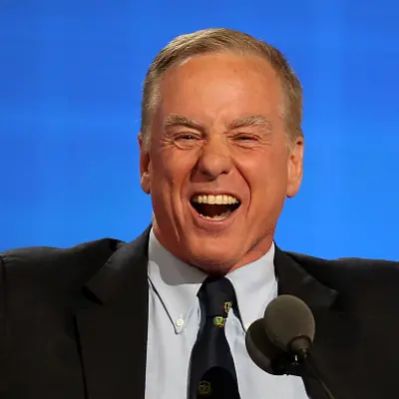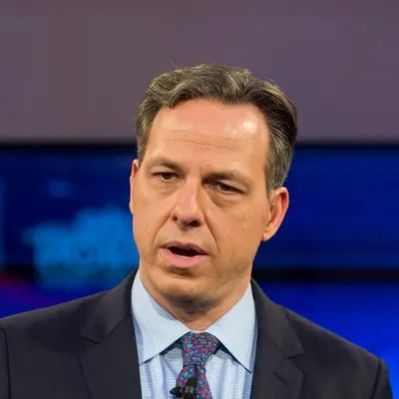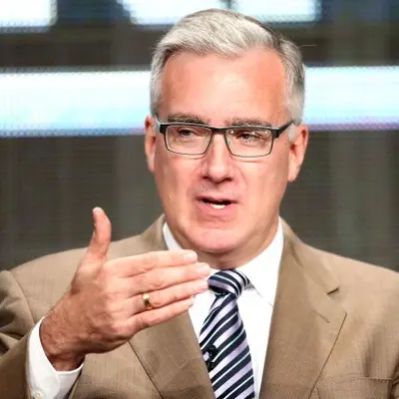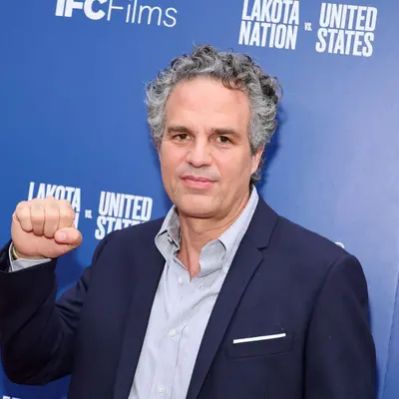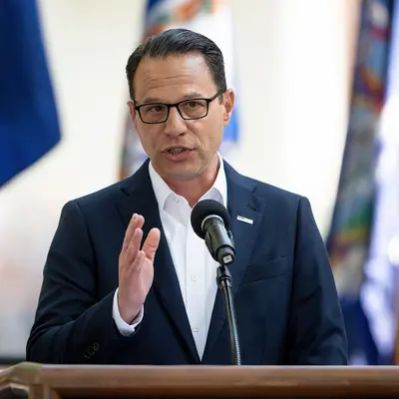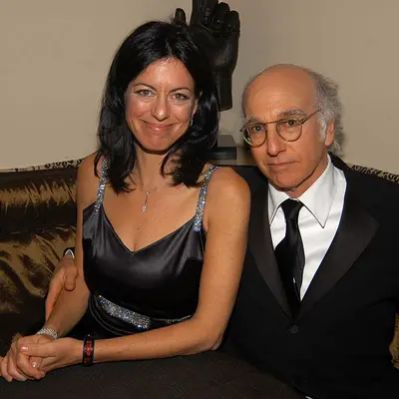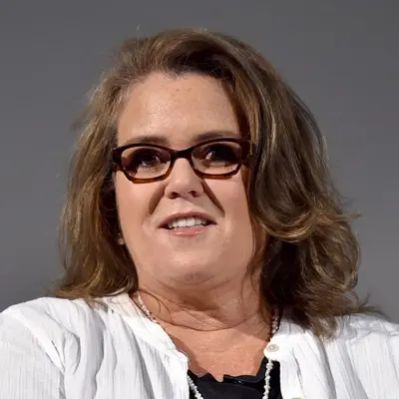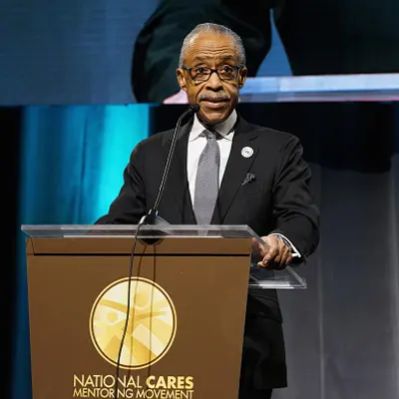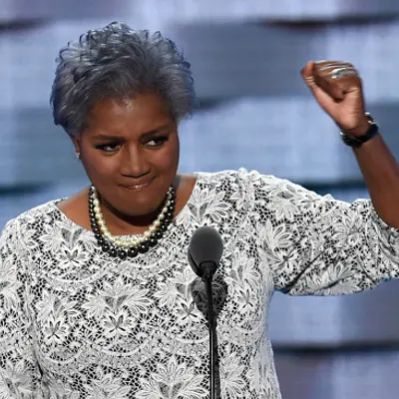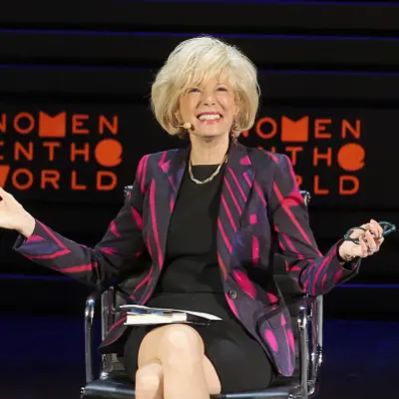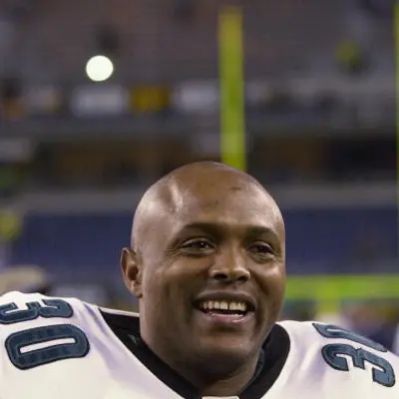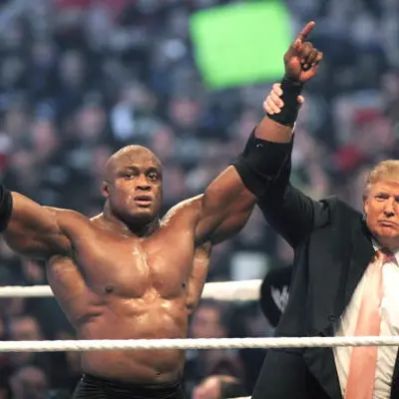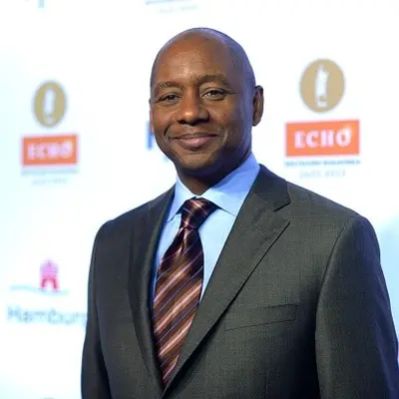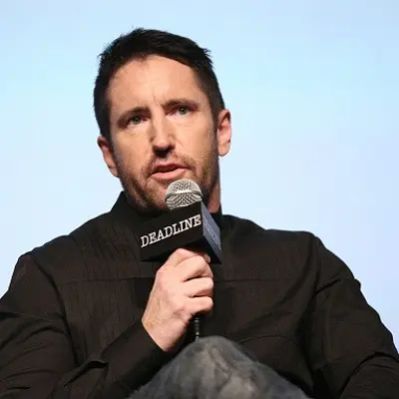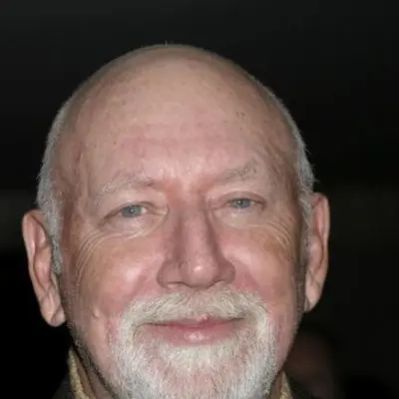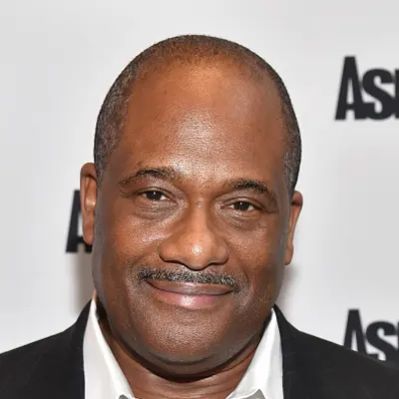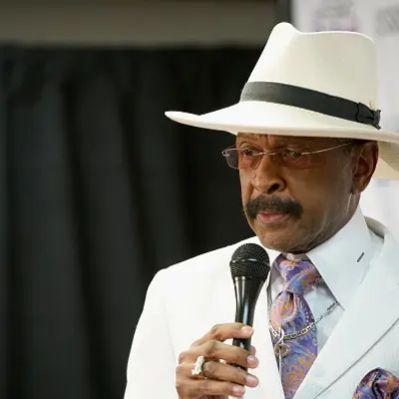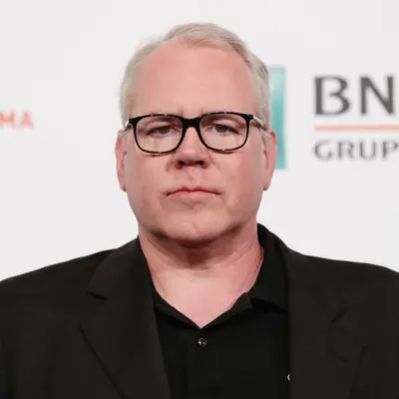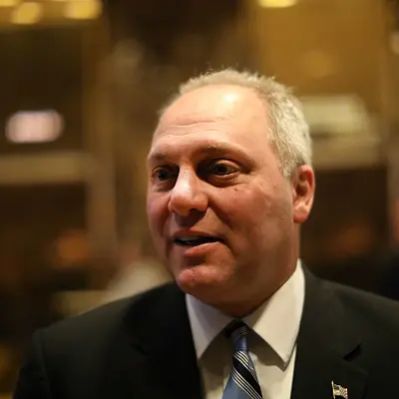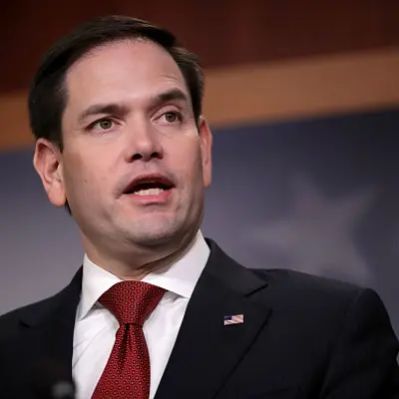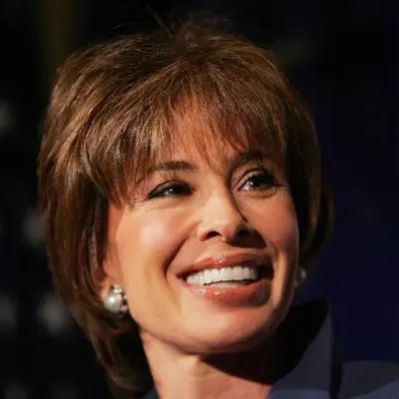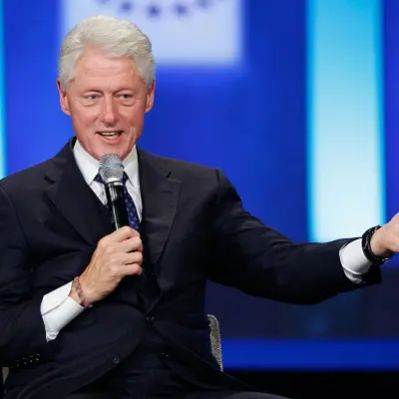What Is Howard Dean’s Net Worth
As of 2024, Howard Dean’s net worth is estimated to be $6 million. This figure is based on his career as a politician, lobbyist, and physician, as well as financial disclosures he has made public over the years. In 2004, when he ran for President, Dean disclosed a net worth of approximately $4 million. His current net worth reflects the accumulation of wealth through his various professional endeavors.
Early Life and Education
Howard Brush Dean III was born on November 17, 1948, in East Hampton, New York. His parents were Andrée Belden and Howard Brush Dean, Jr. Andrée worked as an art appraiser, while Howard Sr. was a financial industry executive. Dean grew up with three younger brothers and attended the Browning School in Manhattan until he was 13 years old. He then attended St. George’s School, a preparatory school in Rhode Island, and spent a year at Felsted School in the United Kingdom in 1966. Dean completed his bachelor’s degree from Yale University in 1971 and earned his medical degree from Albert Einstein College of Medicine of Yeshiva University in 1978. He completed his medical residency at the University of Vermont.
Political Career and Income
Dean’s political career began in 1980 when he led a grassroots campaign against a condominium development on Lake Champlain. This initial involvement in local politics paved the way for his subsequent roles. He volunteered for Jimmy Carter’s re-election campaign in 1980 and served as a Carter delegate at the Democratic National Convention. In 1981, he was elected chairman of the Chittenden County Democratic Committee, a position he held until 1984. Dean was elected to the Vermont House of Representatives in 1982 and re-elected in 1984, becoming the assistant minority leader. His transition to higher office came in 1986 when he was elected Lieutenant Governor, a role to which he was re-elected in 1988 and 1990. These were part-time positions, allowing him to continue practicing medicine alongside his wife in their family medicine practice. While specific salary details for these early political roles are not publicly available, they contributed to his growing financial stability.
In 1991, Dean assumed the office of Governor of Vermont following the death of Governor Richard A. Snelling. He was subsequently elected to five two-year terms, becoming the longest-serving governor in the state’s history. While in office, Dean focused on fiscal conservatism and balancing the state’s budget. He also prioritized healthcare issues, notably the Dr. Dynasaur program, which ensured near-universal health coverage for children and pregnant women. The Governor of Vermont’s salary during Dean’s tenure was approximately $115,000 per year, which would have been a significant source of his income during those years. Over his tenure as governor, this salary would have contributed substantially to his overall net worth.
In 2004, Dean ran for President of the United States, seeking the Democratic nomination. His campaign gained considerable momentum, and he became a frontrunner, outpacing rivals in fundraising. He emphasized healthcare, fiscal responsibility, and fighting lobby groups through grassroots support. Dean’s campaign raised millions of dollars through online donations, demonstrating his innovative approach to fundraising. Although his campaign was ultimately unsuccessful, it significantly raised his profile and influence in national politics. While the campaign expenses were substantial, his success in fundraising showcased his ability to attract financial support. Following his presidential bid, Dean was elected Chairman of the Democratic National Committee (DNC) in 2005, a position he held until 2009. As Chairman, he implemented the 50-State Strategy, aimed at strengthening the Democratic Party at all levels across the country. The Chairman of the DNC’s salary is not publicly disclosed, but the position provided him with significant influence and opportunities, which contributed to his overall financial standing.
Post-Political Career
After his time as Chairman of the DNC, Dean transitioned to the private sector in 2009. He became a contributor to various news networks, earning income through media appearances and commentary. Dean also served as a Senior Presidential Fellow at Hofstra University and a Senior Fellow at the Yale Jackson Institute for Global Affairs, as well as a visiting professor at Williams College. These academic positions would have provided him with additional income, although the specific amounts are not publicly available. In 2018, he joined the advisory board of Tilray, one of the world’s largest cannabis companies. This role likely provided him with significant compensation and stock options, further contributing to his net worth.
Real Estate and Personal Assets
Specific details about Howard Dean’s real estate holdings are not widely publicized. However, it is reasonable to assume that he owns property in Vermont, given his long history in the state. Real estate assets typically form a significant part of a person’s net worth, and any properties owned by Dean would contribute to his overall financial picture. The values of these properties would fluctuate over time, influenced by market conditions and other factors. Beyond real estate, Dean’s net worth also includes personal investments, retirement accounts, and other assets. The exact composition of these assets is not publicly known, but they would play a role in determining his overall financial standing. Howard Dean Net Worth has accumulated over time through diverse sources.
Given his medical background, it’s plausible that Dean has investments in healthcare-related ventures. While precise details regarding his investment portfolio remain undisclosed, such investments can potentially yield substantial returns. His expertise in both the medical and political spheres uniquely positions him to make informed decisions regarding investment opportunities in the healthcare sector. The value of his investments would fluctuate with market trends and economic conditions.
The specifics of Dean’s holdings in these areas are not publicly disclosed, making it challenging to pinpoint their exact impact on his net worth. However, such investments are typical components of the financial portfolios of individuals with comparable backgrounds and experiences, and they likely contribute to Dean’s financial stability.
Howard Dean Net Worth: Financial Disclosures and Estimates
When Howard Dean was running for president in 2004, he released detailed financial disclosures estimating his net worth at that time to be $4 million. These disclosures provided a snapshot of his assets and liabilities, offering insight into his financial standing at that point in his career. While these disclosures are now dated, they offer a benchmark for understanding how his net worth has evolved over time. It’s important to note that financial disclosures only provide a partial picture of a person’s net worth, as they may not include all assets or liabilities. However, they can still be valuable sources of information.
Howard Dean Net Worth’s career is marked by key milestones that have influenced his overall financial trajectory. From his early days as a physician to his prominent role in politics and subsequent transition to the private sector, each stage has contributed to his wealth accumulation. While specific year-by-year income statistics are not publicly available, it’s evident that his tenure as Governor of Vermont, his presidential campaign, and his chairmanship of the Democratic National Committee were significant periods in terms of income and influence.
His strategic financial management and prudent investment decisions have likely played a significant role in maximizing his earning potential and securing his financial future. Given his extensive involvement in politics and policy-making, it’s possible that Dean has utilized his expertise and connections to identify promising investment prospects and leverage market opportunities.
Throughout his career, Dean has likely faced a variety of financial challenges and decisions, ranging from managing campaign finances to balancing his personal and professional obligations. His ability to navigate these challenges effectively has undoubtedly contributed to his long-term financial success and stability. These factors have all influenced Howard Dean Net Worth.
 Net Worth Ranker
Net Worth Ranker
